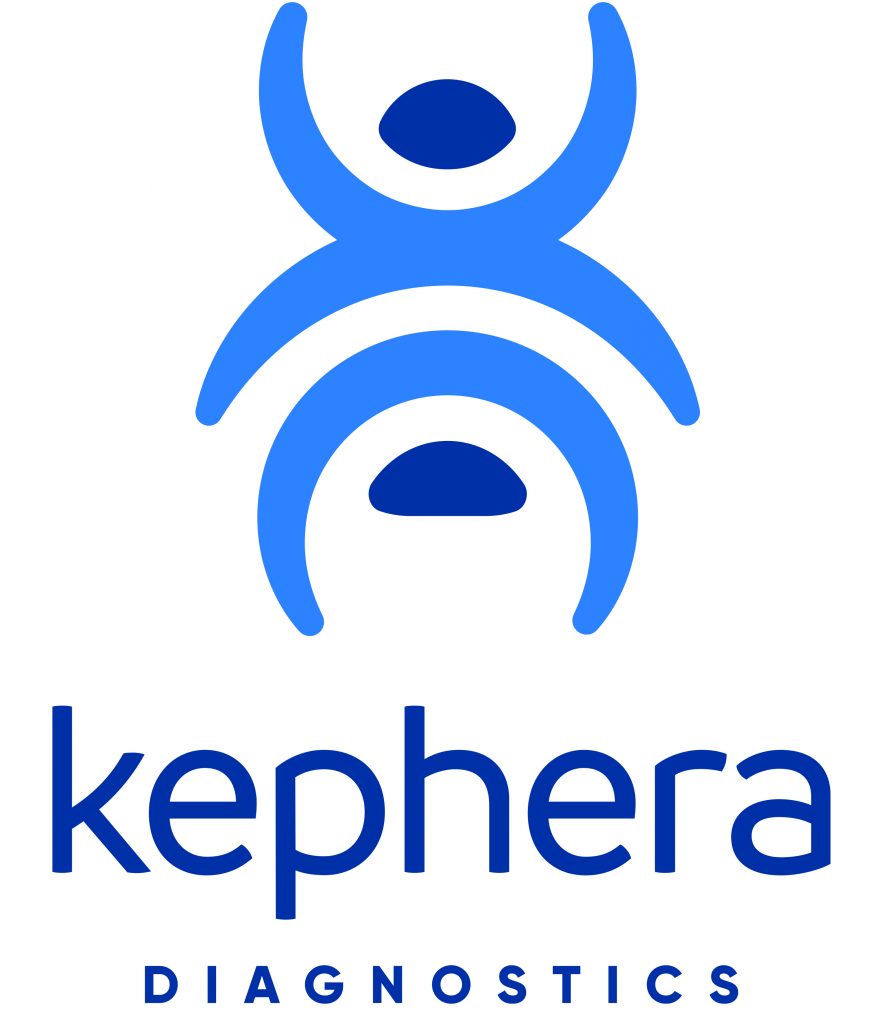In full transparency, the following press release was submitted to SOURCE media for publication.
***
[broadstreet zone=”53820″]
FRAMINGHAM – The National Institute of Allergy and Infectious Diseases (NIAID), an agency of the National Institutes of Health (NIH), has awarded a Phase I, $300,000 Small Business Innovative Research (SBIR) contract to Kephera Diagnostics to develop a new test for Chagas disease, the company announced today, September 23.
The contract, awarded in response to a targeted solicitation from NIAID aimed at improving diagnostic resources for Chagas disease, will support the development and preliminary evaluation of a test that can discriminate active from successfully treated Chagas disease.
Chagas disease, caused by the parasite Trypanosoma cruzi, is primarily transmitted by an insect
called the kissing bug which is found throughout most of Latin America, and is now expanding into the U.S.
[broadstreet zone=”59945″]
It is the most prevalent parasitic disease in the western hemisphere, infecting 6-7 million people with over 70 million at risk.
Moreover, CDC estimates approximately 300,000 cases in the U.S., principally among individuals who acquired it in endemic countries, although some autochthonous infections have also been reported.
Chagas can also be transmitted congenitally, via consumption of food contaminated by kissing bugs, and by blood transfusion or organ transplantation. Infection can lead to chronic disease lasting decades, with a higher risk of death due to cardiac or digestive system impairment; up to one third of infections result in debilitating symptoms, while the remainder are asymptomatic.
[broadstreet zone=”59946″]
Treatment for Chagas disease currently relies on two drugs, benznidazole and nifurtimox, which have recently been approved by the U.S. Food and Drug Administration for pediatric use.
Though highly effective when used during acute infection, the drugs’ efficacy decreases in chronic stage disease, treatment can be lengthy, and adverse effects are common and occasionally serious.
With current methods, confirming whether a patient has been cured or not is a challenging and
protracted process.
At present, no test-of-cure is commercially available.
[broadstreet zone=”59947″]
The lack of a test-of-cure has also slowed down the development of new drugs for Chagas disease, as their efficacy can be difficult to measure in clinical studies.
“Chagas disease affects more than 300,000 people in the US but to date has been neglected. The lack of a test-of-cure has been a critical gap in care. We are excited to participate in this collaborative effort to address this issue and improve care for our patients” said Dr. Natasha Hochberg of Boston University and Boston Medical Center, who will be a collaborator under the contract.
With the contract funding, Kephera plans to develop a test that will indicate the presence of active T. cruzi infection based on detection of T. cruzi biomarkers in blood samples. The test will be translated into both laboratory-based and point-of-care formats to address the needs of clinical and field settings.
[broadstreet zone=”59948″]
“We are very pleased to have been selected by NIAID for this award” said Dr. Andrew Levin, Chief Executive Officer of Kephera Diagnostics and Principal Investigator under the contract. “We look forward to working with our colleagues at Boston University to develop a test-of-cure for Chagas disease, which we believe will provide a major tool to aid in clinical and public health management of the disease, and is in line with Kephera’s focus on improving diagnostics for emerging and neglected diseases.”
Kephera Diagnostics is a Framingham-based startup that aims to address the public health challenges of global infectious diseases with new point of care assay technology. Its mission is to promote more effective and more affordable medical treatment through faster, point-of-care diagnosis.



